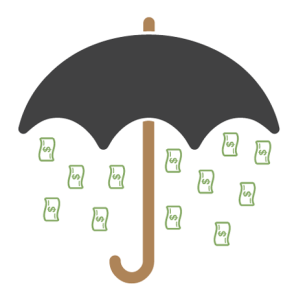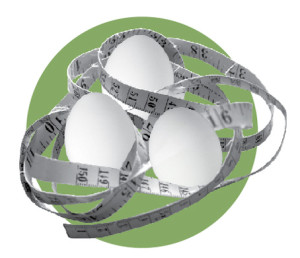Advice from the UT System Office of Benefits and Retirement Team.
Whether your last day is decades away or right around the corner, now is the time to figure out if your savings are on track to meet your needs.
“When it comes to retirement planning, the worst thing you can do is outlive your money,” said Jon Gushen, director of benefits and retirement for the UT System Administration. “The secret is projecting how much will be coming in and how much will be going out.”

Forecast Retirement Plan Payments.
Umbrella Regardless of which retirement plan you have with the University, it’s easy to get an estimate of how much money you’ll receive each month. Employees enrolled in the Tennessee Consolidated Retirement System (TCRS) or one of the three closed plans should contact campus or institute retirement specialists listed below. Employees enrolled in the Optional Retirement Plan (ORP) should contact VOYA (ING), TIAA-CREF or VALIC for monthly projections. You’ll also want to account for income from plans you may have from previous employers.
Factor in Your 401(k).
Ask your 401(k), 403b and/or 457 deferred compensation plan providers to run projections for how much your investments will total by your projected retirement date and what the lump sum total will be versus annuitized monthly payments. Also, gather projections for any individual retirement accounts you may have outside the University.

Consider Social Security.
In about two minutes, you can receive an estimate of how much you’ll be paid each month in Social Security benefits using the retirement estimator available at socialsecurity.gov. Benefits are calculated based on your actual Social Security earnings record, and monthly estimates are provided for ages 62, 67 and 70.
Estimate Your Expenses.
List the expenses you expect to have in retirement, including basic living, health care, miscellaneous and unforeseen costs. Ideally, you want to own your home before you retire. Also give thought to the lifestyle you’d like to live in retirement. Do you plan to travel, care for a family member, make charitable donations or take up new hobbies? If so, account for those expenses. The Office of Benefits and Retirement has created a template to make it easy to estimate expenses and account for inflation. If you’d like a copy, email retirement@tennessee.edu.

Compare Money Coming In to Money Going Out.
Compare your projected income in retirement to your estimated expenses. If the numbers don’t work in your favor, you may need to make some adjustments. Consider scheduling time to talk about your accounts and investment strategy with your campus or institute retirement specialist. There are many factors to consider, and the best approach to retirement planning involves regular discussions with a certified professional.
Tags: Retirement“I have to admit, I didn’t do a lot of planning for retirement over the years. My dad was a farmer, so I didn’t have an example or model to follow. Jon got me through the process, and it felt good working with him. Start thinking about it now so you’re not surprised by anything in the end.”


